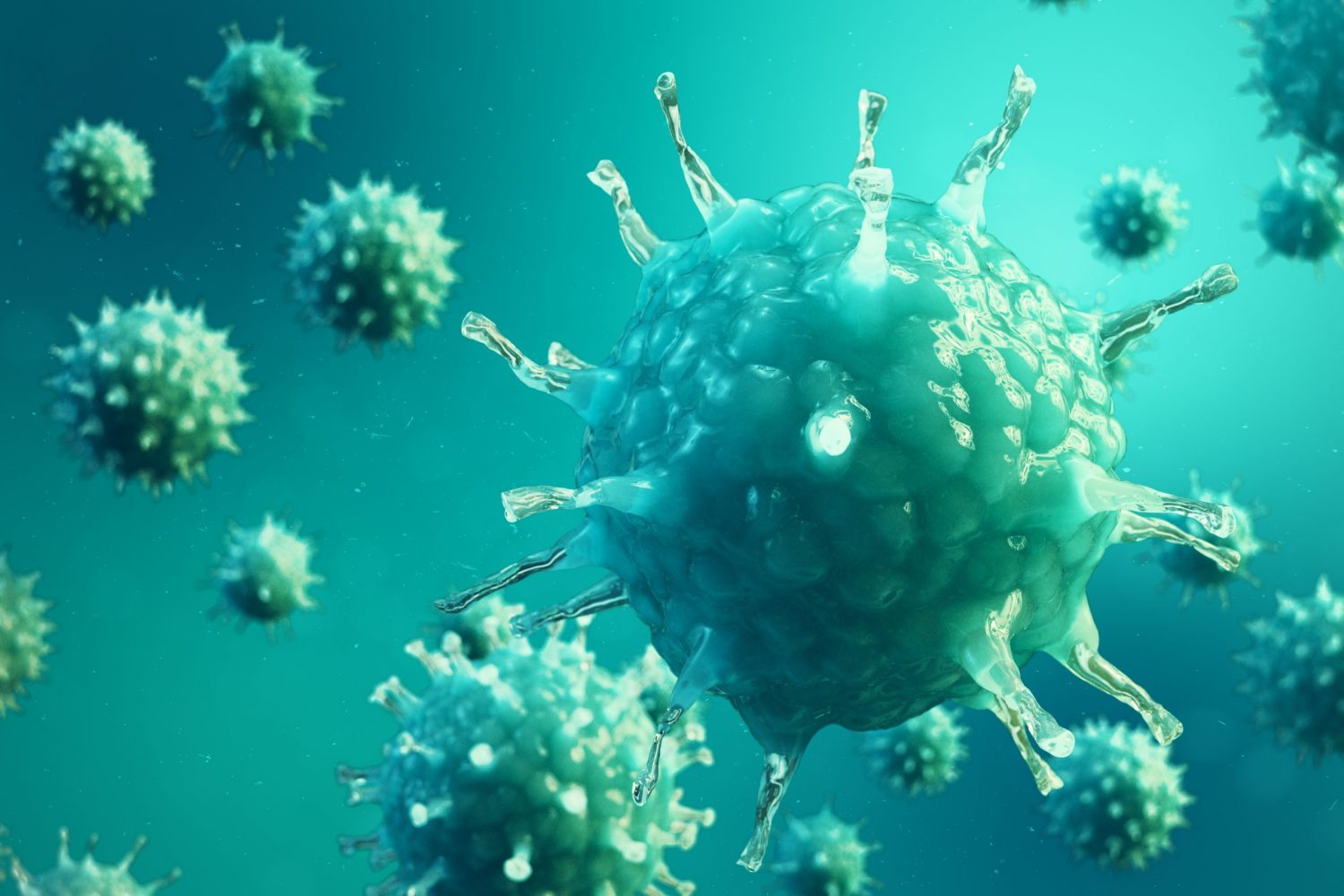COVID-19: The Race to a Vaccine and the Impending Ethical Challenges

Vaccines prevent diseases and despite recent anti-vaccination sentiments, coronavirus-scared humans are craving for them. Vaccines prep our immune system before infection. In herd immunity, many vaccinated people don’t contract the disease, while disease survivors usually cannot spread the disease to others. Vaccine development is a multi-step process that can take up to 18 months. It involves application submission (Investigational New Drug application, INDA), clinical trials (Research, Preclinical, Phase 1, Phase 2, Phase 3), Biologics License Application (BLA), manufacturing facility inspection, Vaccines and Related Biological Products Advisory Committee (VRBPAC) recommendation, and how the vaccine is labelled. The vaccine must be effective (potency), safe, and pure; and the Vaccine Adverse Event Reporting System (VAERS) monitors post approval side effects (Phase 4). Several companies are developing a coronavirus (SARS-COV-2) vaccine which if approved, will have to be mass-produced traditionally using millions of chickens (eggs), or using the novel plants approach. Historically, a live or attenuated pathogen was used, but engineered non-pathogenic Virus-Like Particle (VLP) are as effective. A French virologist, Dr. Camille Locht, has suggested the use of African countries for trials since they lack masks, treatments and other medical equipment. The ultimate vaccine will most likely be developed in the West or China and who gets it first and what will happen to poor countries that can’t afford it will certainly generate challenging ethical scenarios. Already, there seems to be a Germano-American fight for control of the German company CureVac which has suddenly become a leader in the quest for the vaccine.
Articles reviewed for this post:
https://www.youtube.com/watch?v=Jo4SmnKLQLw


